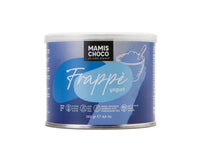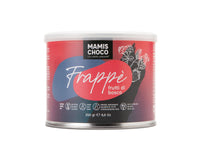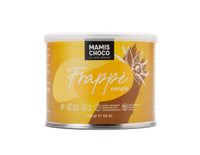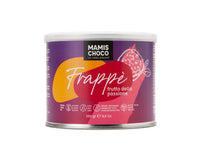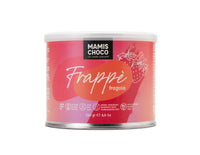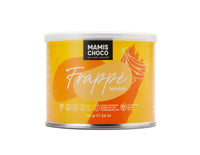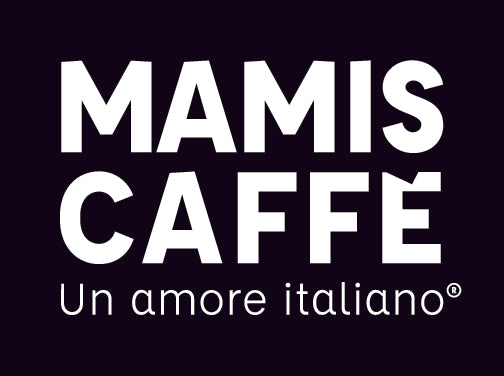
Good coffee is as much a part of the Italian way of life as pasta and Chianti. Since the brown stimulant arrived in Europe some 500 years ago , a coffee culture has developed in Italy that is unparalleled. Here, you'll learn the most important things about its unwritten rules and typical habits of Italian coffee drinkers.
1. Whoever says “caffè” means espresso
If you order "caffè" in Italy, you'll get an espresso. If you want a double, order a "caffè doppio." You won't find the typical German filter coffee; some tourist bars offer it as "caffè tedesco." If you fancy a large cup of coffee, order either a "caffè americano" (espresso with hot water) or a "caffè lungo," which is an espresso made with twice the amount of water.
2. Coffee drinkers never choose paper cups
Coffee from paper cups? Only in the most dire of emergencies! Italians drink their espresso from porcelain or ceramic cups, and some coffee specialties like latte macchiato are served in a glass. For them, enjoying coffee is associated with a conscientious style – and paper or plastic cups are not an option. Typically Italian, after all.
3. If you're in a hurry, drink coffee standing up
The habit of drinking coffee on the street is as alien to Italians as it is to paper cups. If they're in a hurry and craving a coffee, they'll quickly drink an espresso while standing in a bar. Therefore, the bars and cafés are rarely crowded.
4. Those who drink espresso while standing pay less
How much does coffee cost in Italy? That depends on whether you drink your espresso at the bar or at your table. There are legally set maximum prices for a quick drink at the bar. Whether you're in Milan or a small Calabrian mountain village, you'll pay a maximum of 1 euro. If you insist on a seat, there's a service charge – and it can be quite hefty!
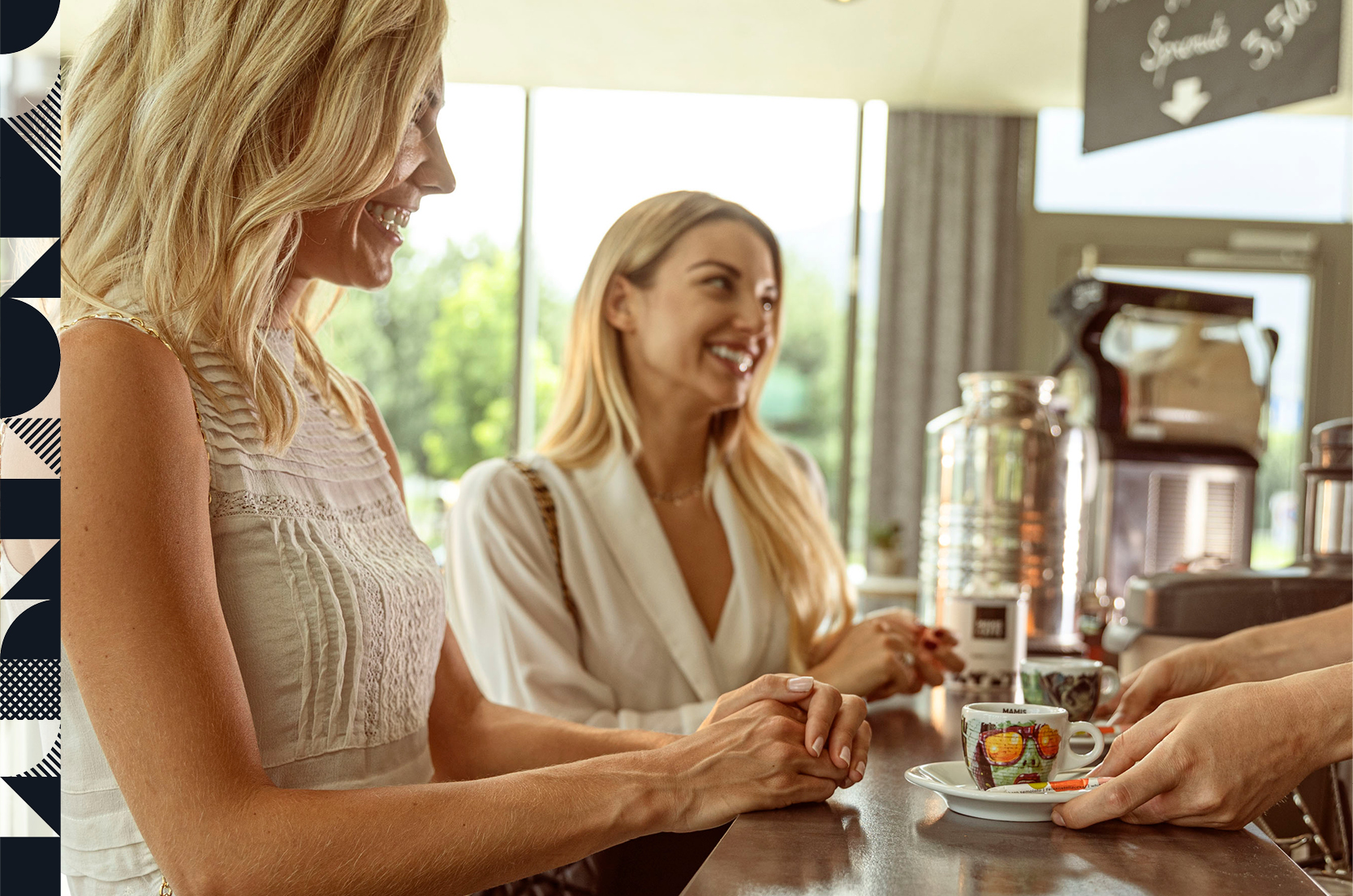
Italians don't drink their coffee on the street. Those in a hurry enjoy an espresso standing up. © Mamis Caffè
5. When you have visitors, always offer them coffee!
"Caffè?" Whether at home or in the office, offering a visitor a coffee is the first and simplest gesture of hospitality in Italy. A shared chat over a cup creates an intimate atmosphere, which is essential for successful personal and professional relationships. If the guest isn't offered a coffee, they—at least as Italians—wonder whether they're even welcome or whether they've done something wrong.
6. Anyone who drinks cappuccino is having breakfast
Cappuccino, Latte Macchiato, and the like: Italians usually drink coffee specialties with milk for breakfast or mid-morning. They are considered filling drinks. Incidentally, it's especially frowned upon to indulge in a cappuccino directly after a meal . Espresso, on the other hand, is always a good choice, both after meals and at any time of day or night. A compromise for those who don't want to miss out on a little milk in their coffee is the " macchiato ," an espresso with a touch of milk.
7. If you drink coffee, you can make others wait
Coffee always takes priority in Italy. No matter how important something you want to discuss with someone is, if they say they need a coffee, it's definitely more important! Be patient with your request until the other person has finished theirs – or, if in doubt, simply share one with them!
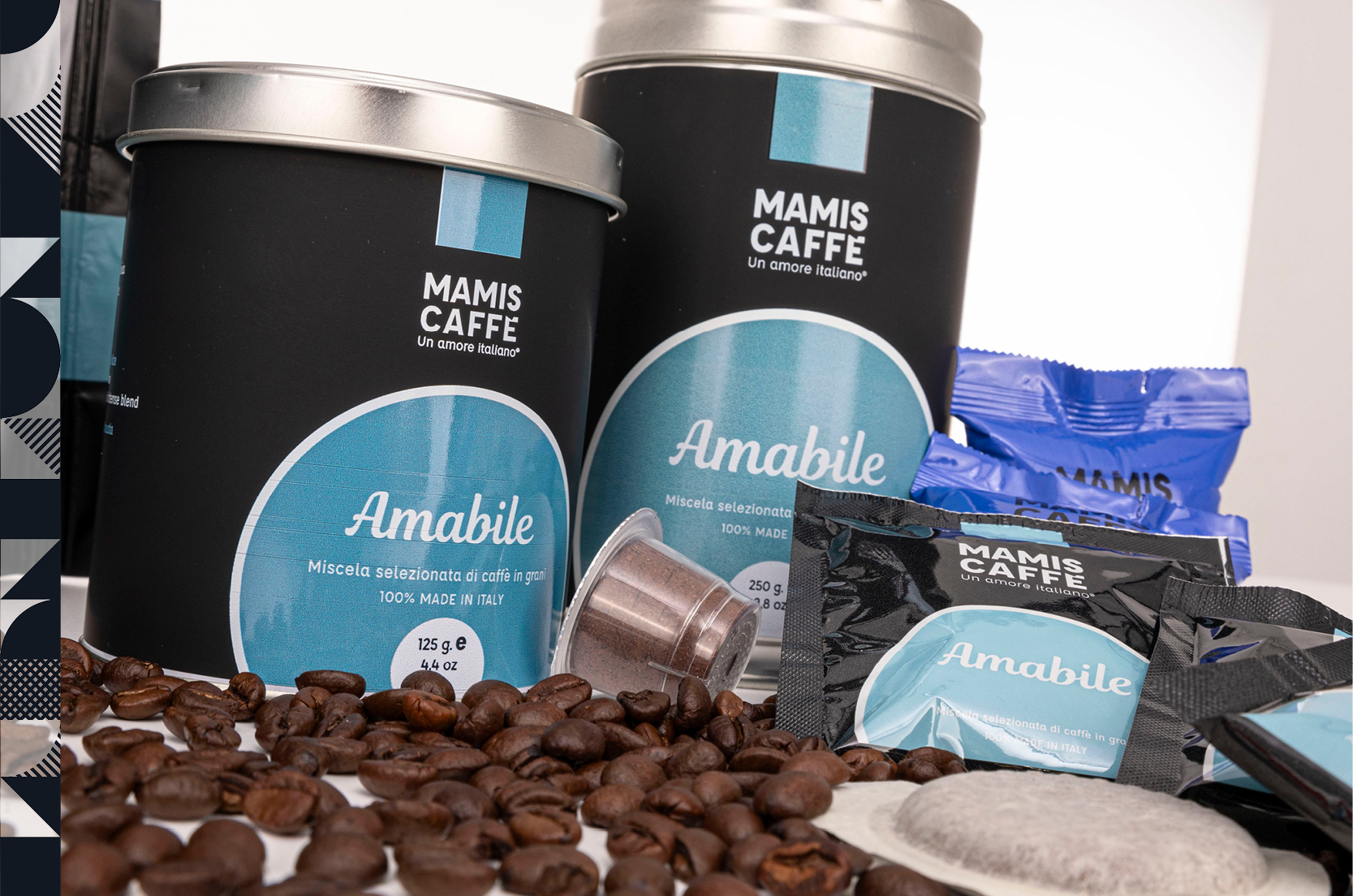
Dolce Vita at home: Coffee made from the finest beans in varying intensities from Mamis Caffè. © Mamis Caffè
